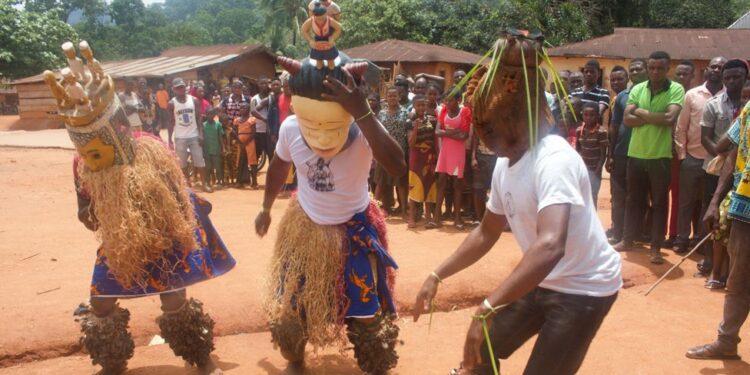by Efio-Ita Nyok
Africa is diverse and Cross River, in Nigeria’s south-south, is no exception. The Ubang community is a 6 hours drive from the state capital Calabar. There, the men and women have spoken completely different languages since time immemorial.
Water is called ‘bamuie’ by the men, and ‘amú’ by the women; while yam is ‘kitóng’ and ‘iwí’, and bush called ‘bibiang’ and ‘déyirè’ respectively.
The origin myth states that when God was creating humanity, every community was to receive two languages. But then He changed strategy, worrying that there would not be enough languages to go around.
God created the agrarian Ubang clan first, giving the 11,000 men and women that oversee abundant cocoa, cassava and cashew farms completely different vocabularies. Everyone else had to settle for a monolingual system.
Ubang’s traditional leadership perceives the clan’s bilingual status to be a divine blessing. Any attempt to counter this centuries-long cultural wonder is firmly taboo. Punitive measures are imposed on anyone confirmed to have violated it.
The BBC covered this in 2018, highlighting the worries Ubang had about the language dying out. Three years later the cultural norm remains firmly entrenched.
Nyok writes from Calabar, He is Emani’s State Coordinator in Cross River.

